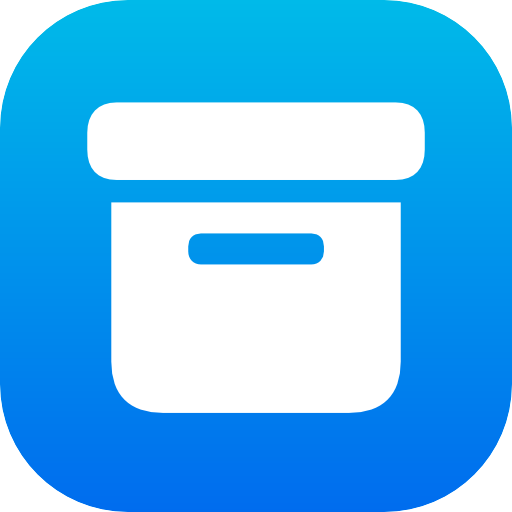食品和饮料批发商库存-批发和分销
Effective inventory management is crucial for food and beverage wholesalers. It ensures a steady supply of products, minimizes spoilage, and meets customer demands efficiently.
Key Components of Inventory Management
- Perishable Goods: These include fresh produce, dairy products, and meats. Managing these items efficiently is essential to prevent spoilage and waste.
- Non-Perishable Goods: Items such as canned goods, beverages, and packaged foods. Keeping an optimal level of these goods helps in meeting customer demands without overstocking.
- Refrigerated and Frozen Goods: Proper storage and inventory tracking of these items are crucial to maintain their quality and safety.
- Packaging Materials: This includes boxes, bags, and containers used for packing and shipping products. Adequate inventory of packaging materials ensures smooth operations.
Challenges in Food and Beverage Inventory Management
Food and beverage wholesalers face unique challenges in inventory management, such as:
- Shelf Life: Managing products with varying shelf lives is critical to ensure they are sold before expiration.
- Temperature Control: Maintaining proper temperature for refrigerated and frozen goods is essential to preserve their quality.
- Regulatory Compliance: Adhering to food safety regulations and maintaining proper documentation is necessary for compliance and customer safety.
- Demand Fluctuations: Accurately forecasting demand helps in maintaining the right inventory levels and reducing waste.
Best Practices for Inventory Management
- Implement Inventory Management Software: Utilizing specialized software can streamline inventory tracking, automate reorder processes, and provide real-time data.
- Regular Audits: Conducting regular physical audits helps in identifying discrepancies and ensuring accuracy in inventory records.
- First-In-First-Out (FIFO) Method: Using the FIFO method ensures that older inventory is sold before newer inventory, reducing the risk of expired products.
- Training Staff: Properly trained staff are essential for effective inventory management. They should be knowledgeable about procedures and the importance of accurate inventory tracking.
Conclusion
Effective inventory management in the food and beverage wholesale industry is essential for ensuring product availability, minimizing waste, and maintaining compliance. By understanding the key components, challenges, and best practices, wholesalers can improve their inventory management strategies and achieve better operational efficiency.
